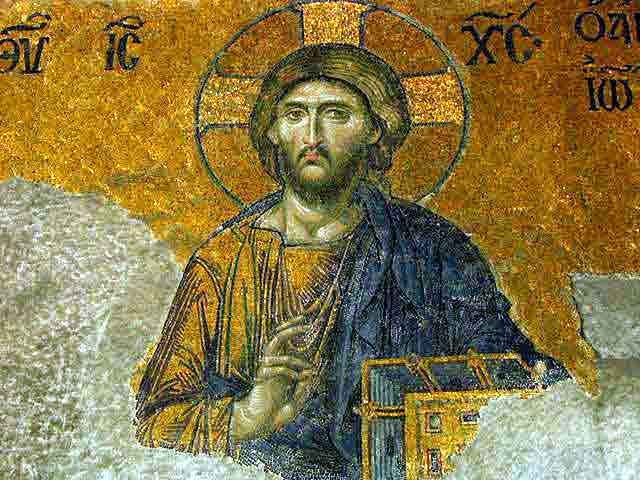Let me show you a really cool quote from a leading scholar of Christian Origins.
“Incarnation is what keeps Christianity, in this sense – the biblical sense – Jewish.”
- Paula Fredriksen
Fredriksen claims, rightly in my mind, that incarnation only has currency when understood as a way of expressing the divine person and divine presence in light of the Jewish worldview and with respect to the language of the Jewish Scriptures.
Once upon a time, scholars argued that Jesus was a man who was made divine at some point in the evolution of the church’s devotion to Jesus. So that Jesus was initially venerated as a prophet, thought he soon became identified with pre-existent Wisdom, and only with John’s Gospel does Jesus really become divine in a fully fledge sense (e.g. James Dunn and Maurice Casey). Now, however, scholars argue that Jesus was regarded as divine early on, pretty much instanteously, but they argue that the sense of divinity ascribed to him was clearly subordinated to God the Father, so that Jesus at most was a semi-divine intermediary like a buffed-up archangel.
On this perspective, if God was truely totes divine, then Jesus was temu divine!
Now I see two main problems in scholarship when it comes to identifying Jesus as a semi-divine intermediary figure.
Rigged for Modalism
First, there is what I call the messianic modalism equation. For some scholars, unless Jesus explicitly claimed to be Yahweh in a way which concentrates Yahweh’s person, presence, and attributes exclusively on him, then he is not fully divine. If Jesus is not identified with Yahweh so that his person encompasses the entirety of Yahweh, then he’s merely a divine agent who exercises some divine functions and prerogatives.
In other words, for some scholars, unless Jesus is divine in a modalistic sense, whereby he is God the Father in person, then Jesus is not fully divine because any sense of agency rules him out as a divine being in a strong sense.
But if modalism is the only currency of divinity that can make a person divine in strong sense, then the debate is rigged, or at least uses a very narrow definition of a truely divine being. I’d argue for other metrics, Jewish metrics, like a creator/creature distinction, divine ontology, plus various functions and roles consistent with the God of Israel.
Parallelomania
A second problem is “parallelomania”. The truth is one can compare Jesus with Herakles, Apollonius of Tyana, Wisdom in Proverbs 8, Melchizedek in the Dead Sea Scrolls, angelic figures like Metatron, the Son of Man in the Similitudes of Enoch, point out the manifold similarities, and infer that Jesus is just a variation of any number of semi-divine beings or intermediary figures.
But I’d want to counter in three ways:
(a) Analogy does not mean genealogy;
(b) Early Christology is distinctive in a sense when nested within a particular kerygmatic narrative with Jesus’s pre-existence, incarnation, life, crucifixion, exaltation, and return; and
(c) Jesus is often distinguished from intermediary figures (Colossians 1, Revelation 5, Epistle to Diognetus 7, etc.).
But more than anything else, I would say that in the early Christology portrayed in the New Testament Jesus is largely depicted as divine in a Jewish sense.
How so?




